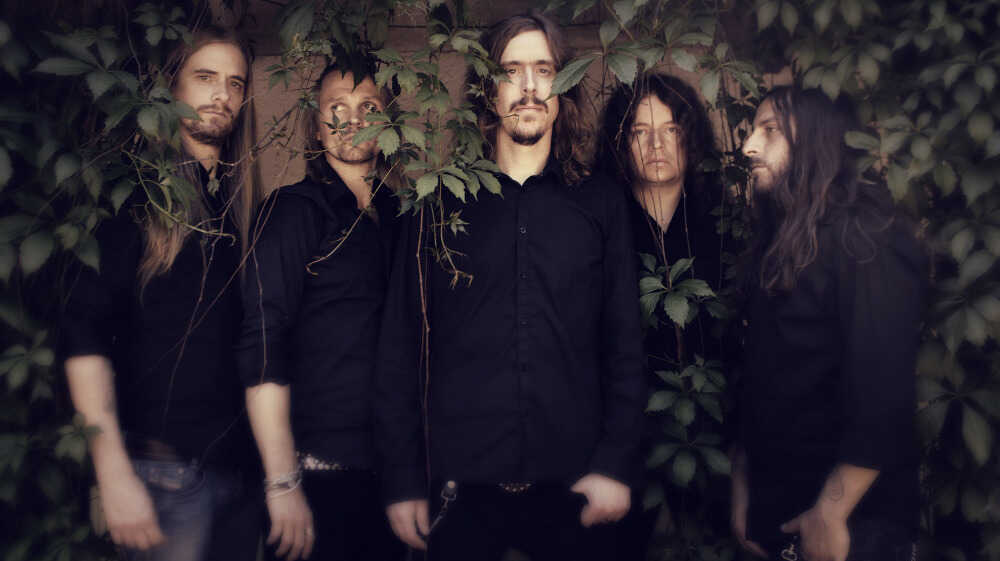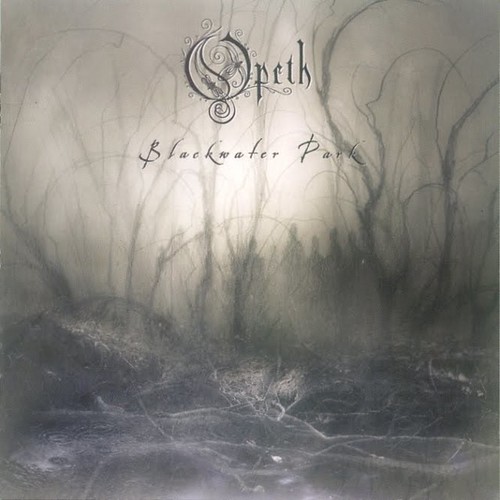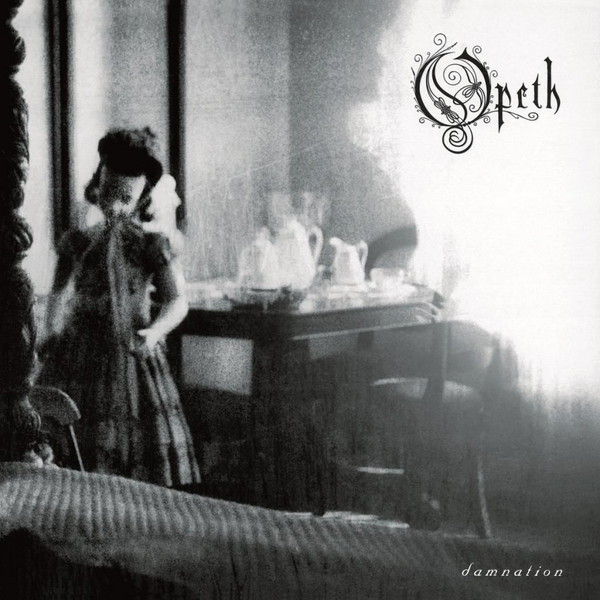BACKGROUND
Opeth is a death metal / progressive metal / progressive rock band formed in Stockholm in 1990 by David Isberg, who left the band before they even put out an album. Mikael Åkerfeldt is the lead vocalist, and since there has been a constant rotating chair of Opeth members, he’s really the only one you need to know. He looks kind of like Chad Kroeger of Nickelback, which leans toward a compliment.

Figure 1: Nickelback Jr.
SAMPLE IDENTIFICATION
Studio Album #5 – Blackwater Park (2001)
Studio Album #7 – Damnation (2003)
METALLURGICAL EVALUATION
Blackwater Park (2001)

Ask any hardcore Opeth fan what their favorite album is, and the highest percentage will likely go to Blackwater Park with Still Life and Damnation vying for second place. While their third album, My Arms, Your Hearse, represents the transition point between the early sophomoric rawness and the later refined sophistication. Blackwater Park, as far as I’m concerned, is the peak of this refined sophistication. This is the quintessential Opeth album.
At 67 minutes, this is quite a hefty record to digest. There are so many damn moods flowing through this thing that it seems impossible to be so cohesive. Aggression turns to melancholy turns to acoustic beauty turns to proggy breakdowns, and it all fits snugly like a WELL-OILED JIGSAW PUZZLE, to mix my metaphors in an inadequate manner! The transitions are seamless. The overall color of the album maintains a dingy gray throughout, bringing to mind a dreary, rainy day. No, scratch that. A dreary, rainy existence. Death metal is presented as a complete subversion, eschewing speedy riffs in favor of intricate, mid-tempo virtuosity.
With an album like Blackwater Park, you can tell that Åkerfeldt is a perfectionist. He labored over this thing, making sure that not a moment was wasted. Every pluck of the guitar in the short instrumental “Patterns in the Ivy”, and every phrase repetition at the end of the title track, and every atmospheric passage of “Dirge for November”, and everything else, it’s all crafted with care. That’s why Blackwater can be considered one of the very best progressive metal albums of all time. And that’s why you should listen to it, especially if you’re a huge Taylor Swift fan. This album will put hair on your chest!
Damnation (2003)

Damnation was my introduction to Opeth, and arguably the single best introduction to Opeth if you’re not coming into the band as a well-seasoned fan of harsh vocals. Damnation has none of that. Track after track of clean vocals — the only album to do so until the band’s prog rock overhaul that started with Heritage — makes this the next logical step after you’ve exhausted the Porcupine Tree discography. Most people would agree that this album is very similar in tone to any of the best Porcupine Tree albums… especially since Steven Wilson was heavily, heavily involved in its production. And he even plays keyboards and provides backing vocals on most of the tracks.
What makes Damnation stand out from nearly every other prog rock album is the moodiness. Not even early King Crimson captures the sense of desolate, pensive sadness that Opeth produces here so effortlessly with folksy, clean guitars and Mellotron. The melancholy “Windowpane” opens the album splendidly with seven minutes of depressive rock — rain rolling down your window pane, complete with a couple of somber guitar solos.
While this was a fantastic transition point to heavy music in the prog-sphere, I don’t spin Damnation all too often anymore. Its slow, clean guitar-focused Pink Floyd psychedelic-adjacent rock music gets a little boring once you’ve dabbled into more extreme metal flavors. In short, I’ve burned myself out on it while simultaneously unable to recall specific melodies. It may have gotten a 10/10 from me in college, but I’ve moved on.


Click here to ridicule this post!